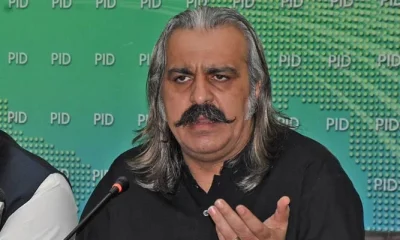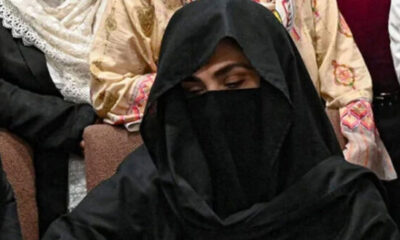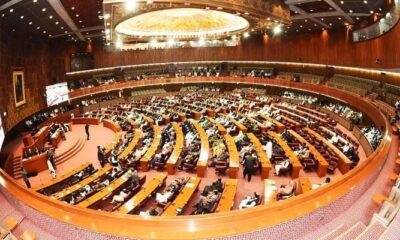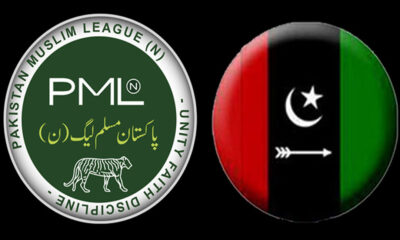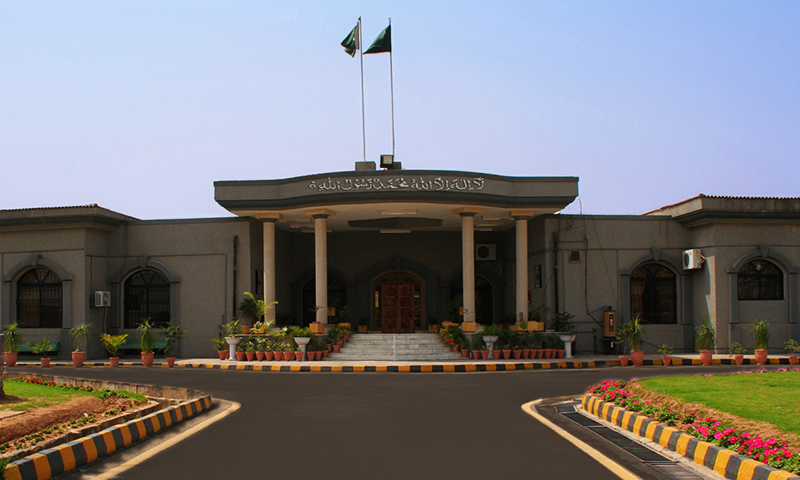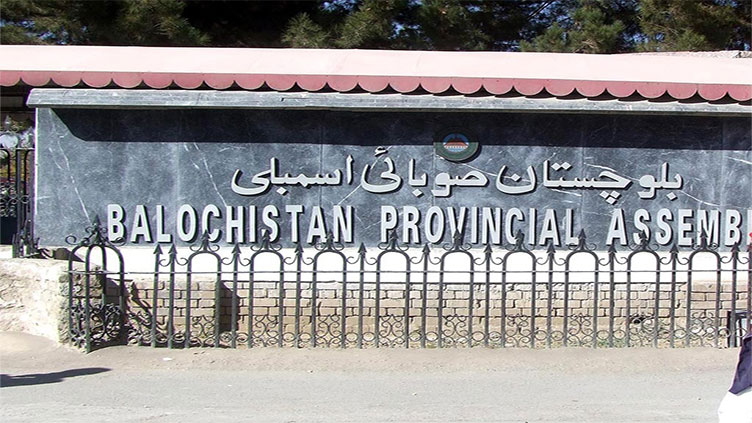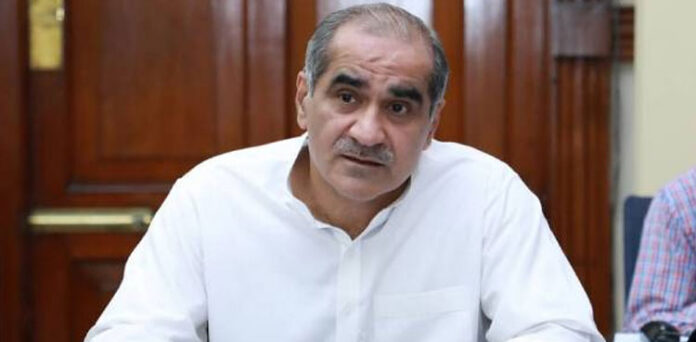Former prime minister Imran Khan has made a bullish claim, insisting that a recent survey finds his political party’s popularity soaring to 70% in the Punjab province. But the survey Khan has cited, may be based on limited and arguably sketchy data, Geo Fact Check finds.
“Look at this graph,” the 70-year-old leader said, in a recorded video message on Wednesday, “The result of a survey. This tells you that right now the Pakistan Tehreek-e-Insaf (PTI) is 70% popular.”
He repeated the claim in an interview with Al Jazeera on the same day.
The survey Khan is quoting was conducted by an Islamabad-based think tank, which goes by the name of Republic Policy.
As per the website of the think tank, the poll was conducted between May 10 and 15 in Punjab and its data found that 70% of the respondents it reached out to had a favourable opinion of Imran Khan.
While the former prime minister’s political rivals, Nawaz Sharif, Shehbaz Sharif and Maryam Nawaz had a combined popularity of only 18%.
However, neither the think tank’s web portal nor its YouTube channel provides any additional information on the methodology used to collect the information, the cities and rural areas in Punjab it targeted or the sample size of the survey.
Tahir Maqsood Chheena, one of the heads of Republic Policy, told Geo Fact Check over the phone, that 10-15 students, who worked as volunteers, helped him complete the survey.
“I also called people myself,” he added, “People who I knew, as well as sent teams in the field.”
Even more astounding is the sample size of the survey.
Chheena alleged that the think tank interviewed 25 people in each union council of the province. Punjab has over 4,015 union councils, which would mean that the Republic Policy reached out to an astounding 100,375 people in just five days.
“I cannot tell you an exact number of the sample size,” Chheena said, “It could have been 90,000 or 100,000.”
When asked if his team identified people scientifically, based on their income and profession, amongst other things. He said: “We did nothing as such. You have the right to say we did not do it [the survey] properly. Next time we will keep this in mind.”
The Republic Policy conducted a similar survey in March, where it again found Imran Khan’s popularity to be 62% in Punjab, much ahead of all other politicians.
Bilal Gilani, the executive director at Gallup Pakistan, said that in order to determine the quality of a survey it is important to tell the readers the sample size and the profile of the respondents interviewed, in terms of profession etc.
“I saw this survey and it didn’t tell you the sample size or the profiles,” he told Geo Fact Check.
He added that as per the international code of ethics for polling organisations, they must transparently disclose all information about themselves, including what they do and how.
“Even these details are scarce about the Republic Policy,” he said.
What is Republic Policy?
The think tank was launched in November 2022, Chheena said. It is run by him and “some other friends” who are all retired civil servants. Chheena himself is a former police official.
On social media, most of its tweets are favourable to Khan’s Pakistan Tehreek-e-Insaf (PTI).
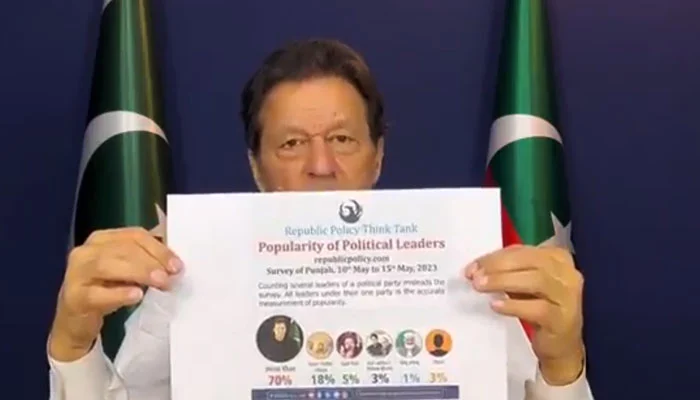
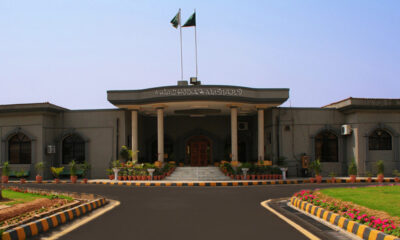
 Latest News3 days ago
Latest News3 days ago
 Business3 days ago
Business3 days ago
 Business3 days ago
Business3 days ago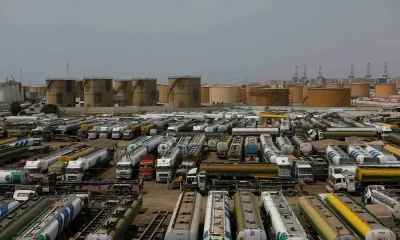
 Business3 days ago
Business3 days ago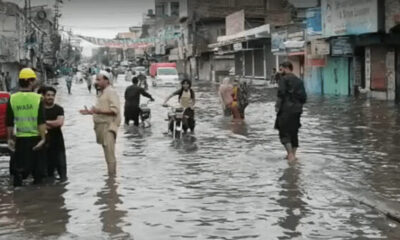
 Latest News3 days ago
Latest News3 days ago
 Latest News3 days ago
Latest News3 days ago
 Latest News3 days ago
Latest News3 days ago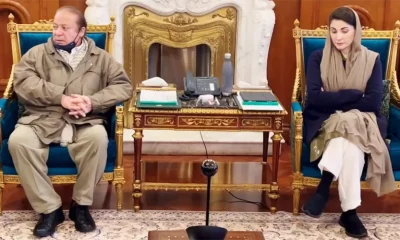
 Latest News3 days ago
Latest News3 days ago
